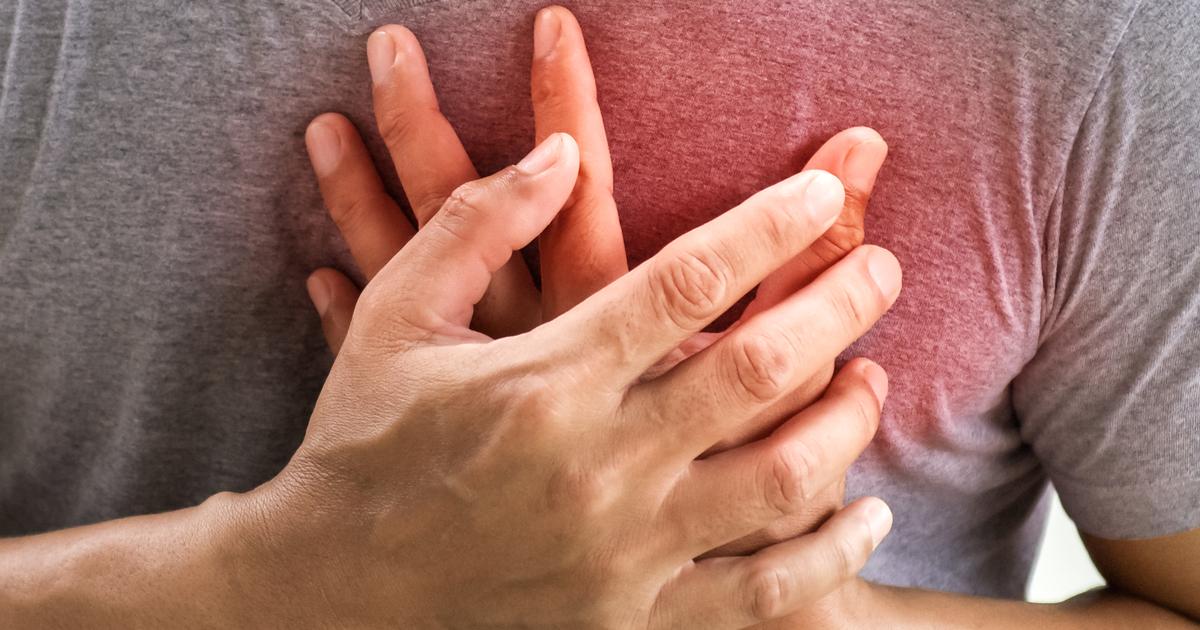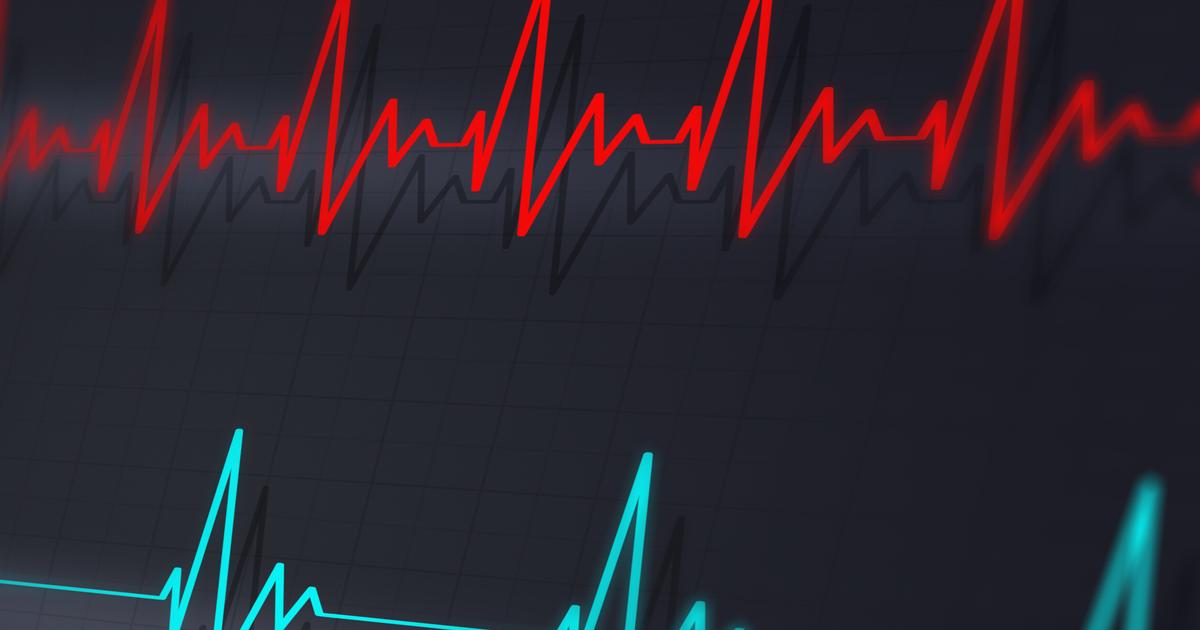Serious Side Effects Of Vasodilators
Chest Pain

Chest pain is not an uncommon side effect in individuals who take vasodilators. Chest pain happens more in individuals taking vasodilators for high blood pressure than for other conditions. Vasodilators cause the blood vessels to dilate and allow higher volumes of blood to pass to lower the amount of force blood is placing on the arterial walls and reduce the workload of the heart. Because the veins in an individual's body become dilated as a result of vasodilators, there is less blood being returned to the heart at any given time. The heart does not have to work so hard, which is excellent when there are no other underlying issues with the blood vessels. However, reduced work of the heart can lead to less blood delivery to areas restricted by partial blockages because the force of the blood is not enough to push past the narrowed regions very well. Additionally, the decrease in blood pressure can have the same effect of insufficient perfusion of tissues fed by partially occluded vessels. When this process occurs in the blood vessels in the chest or the coronary arteries, it can cause ischemic chest pain.
Continue reading to learn more about the side effects of vasodilators now.
Rapid Heartbeat

An individual who takes vasodilators may experience tachycardia (a fast heartbeat). This side effect is reported in many individuals when they begin taking vasodilators, but it is also one that subsides after the body adapts to the medication. Vasodilators dilate the blood vessels throughout the body to treat heart failure or lower the blood pressure levels. As the blood vessels dilate, more blood is permitted to move through the arteries and veins. This mechanism causes a drop in blood pressure because the blood is not pushing against the vessel walls as hard. However, this decrease in blood pressure can be detected by the brain, which interprets it as a failure somewhere in the cardiopulmonary system. The brain attempts to compensate by telling the heart to speed up as a reaction to this change in blood pressure, which produces a rapid heartbeat.
Get more details on the side effects of vasodilators now.
